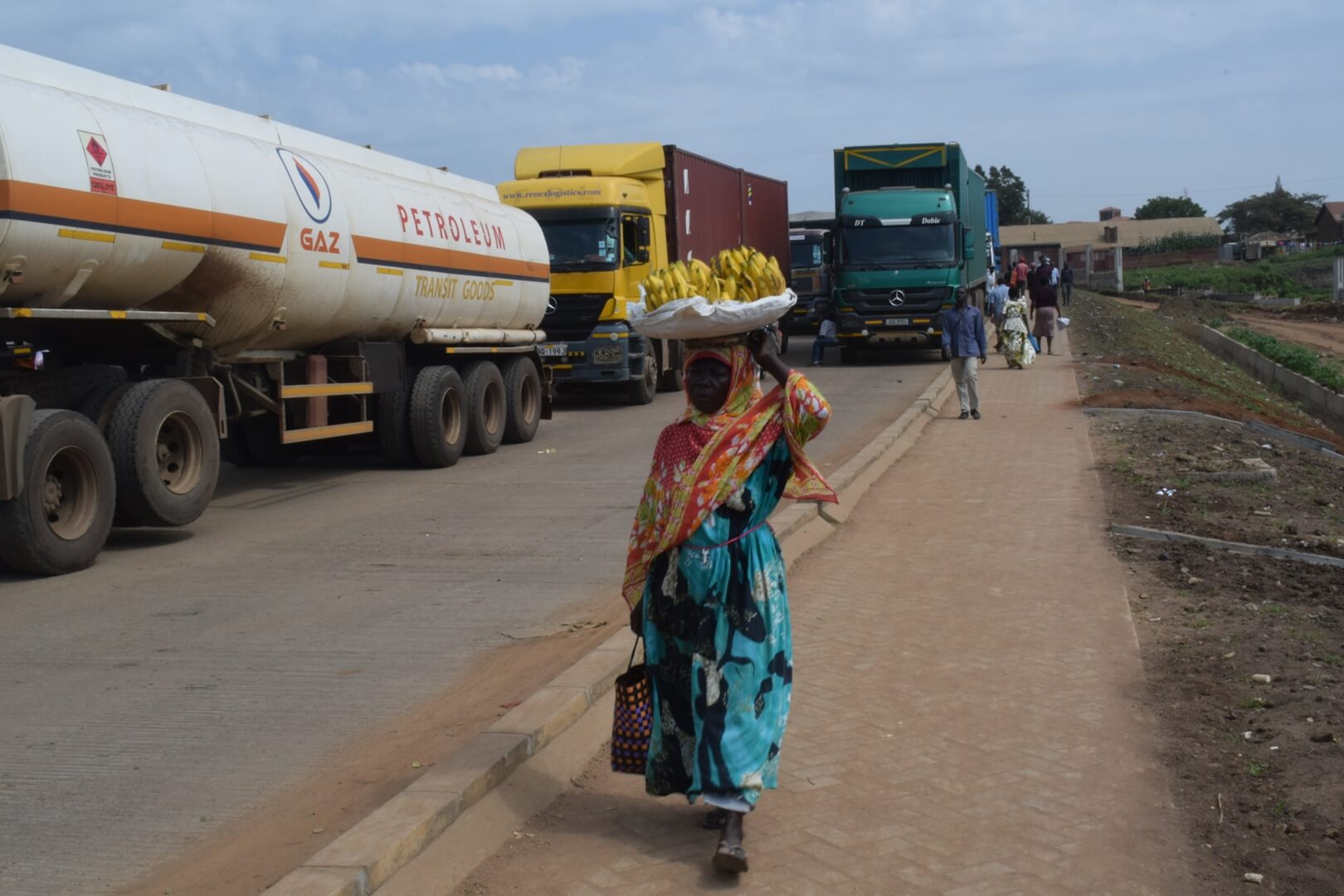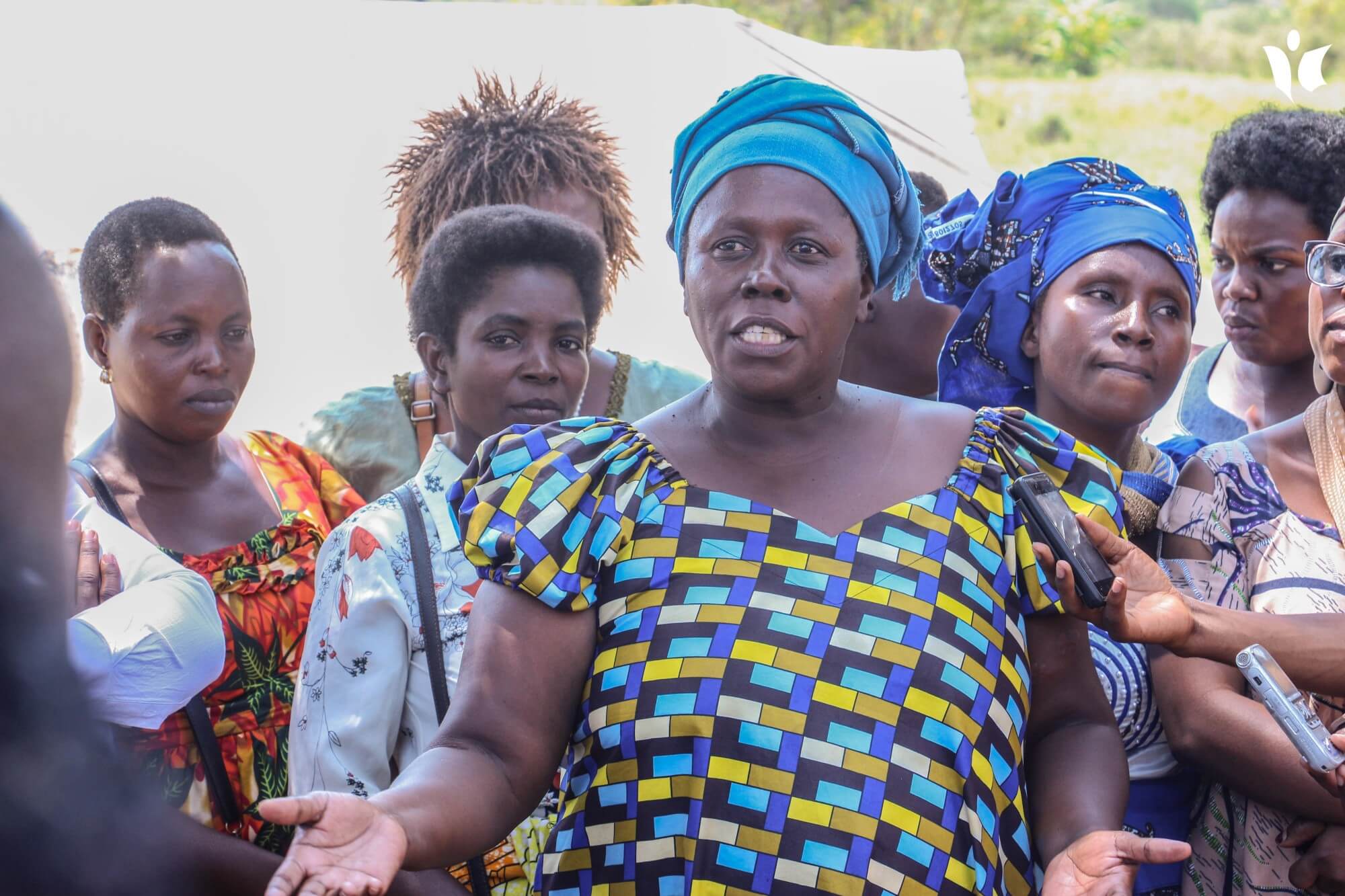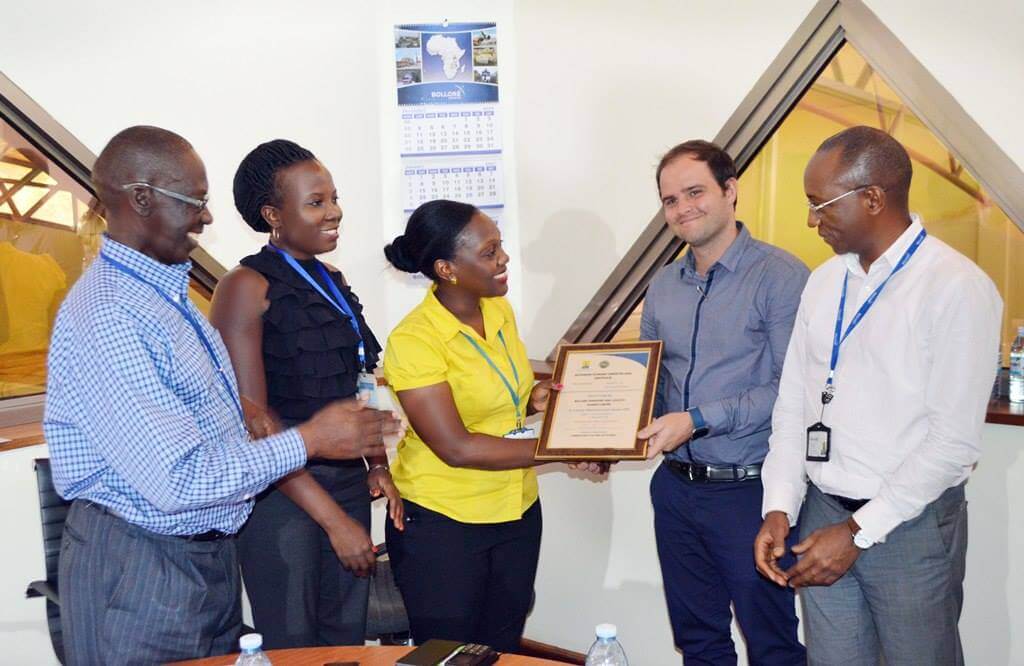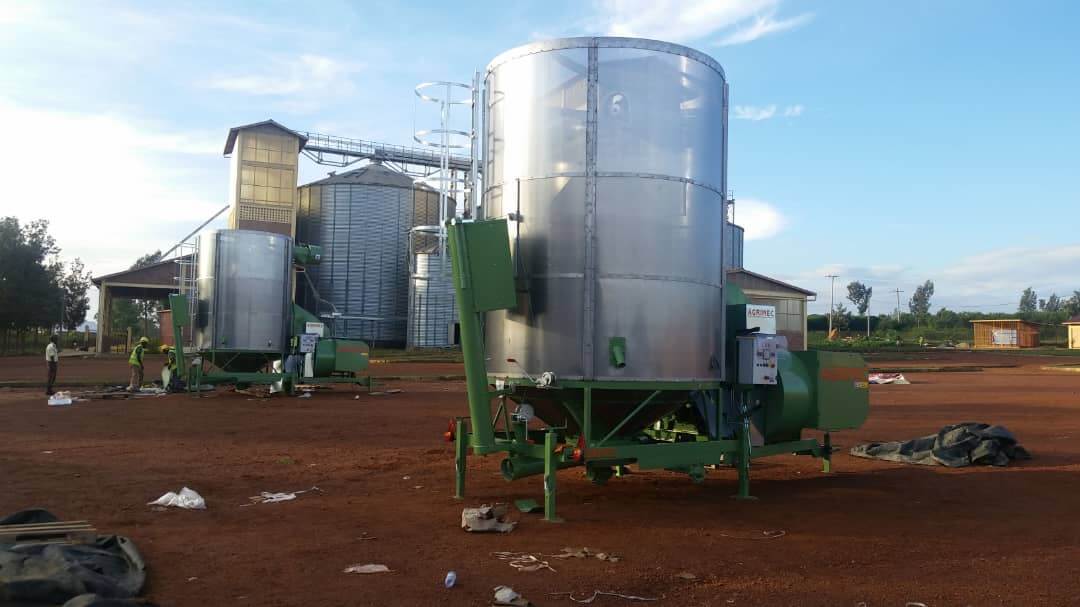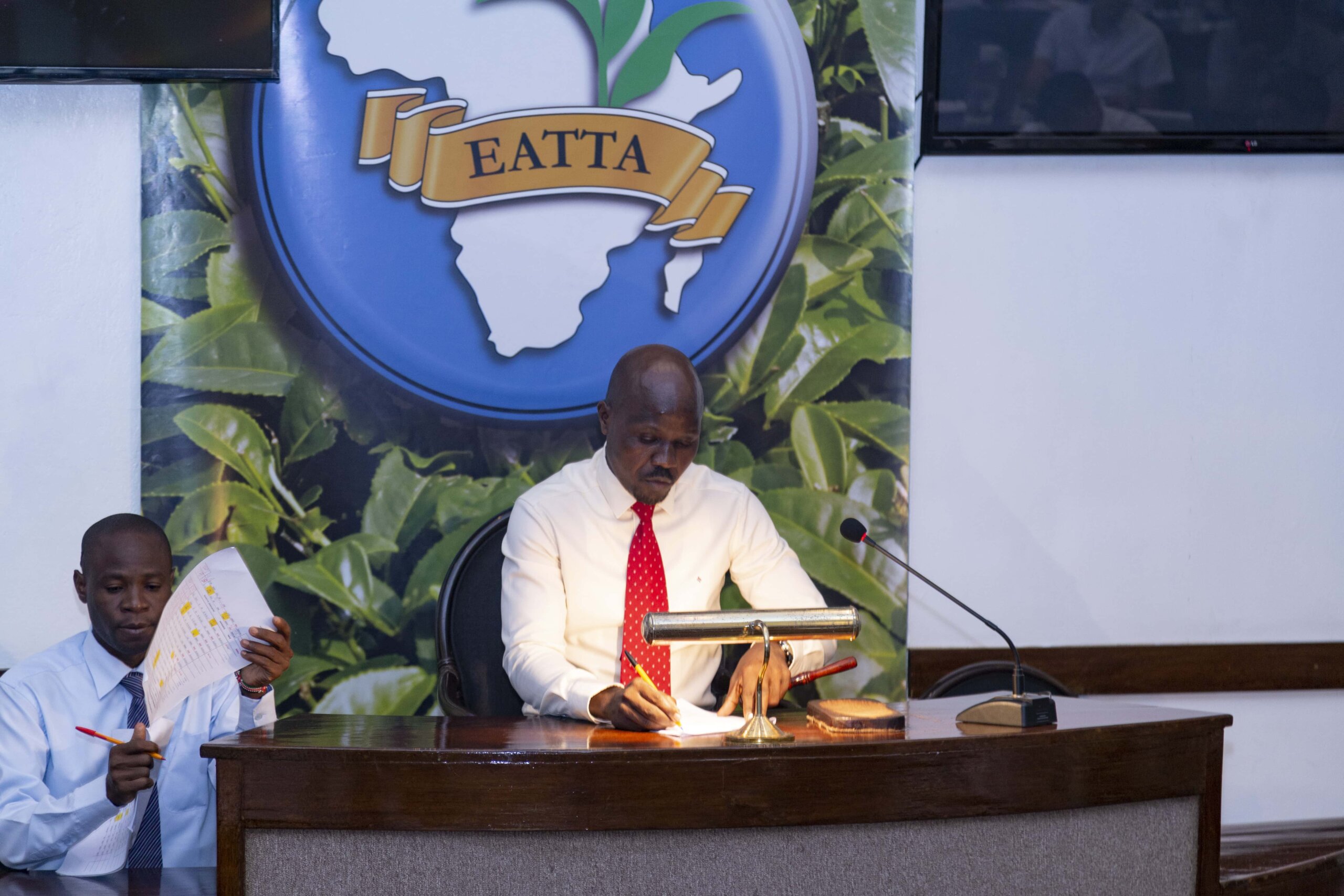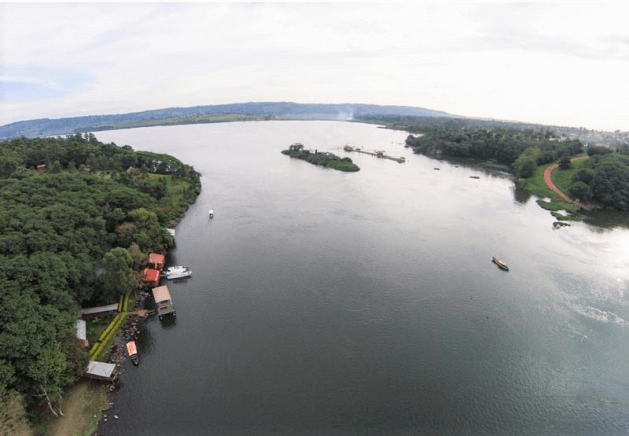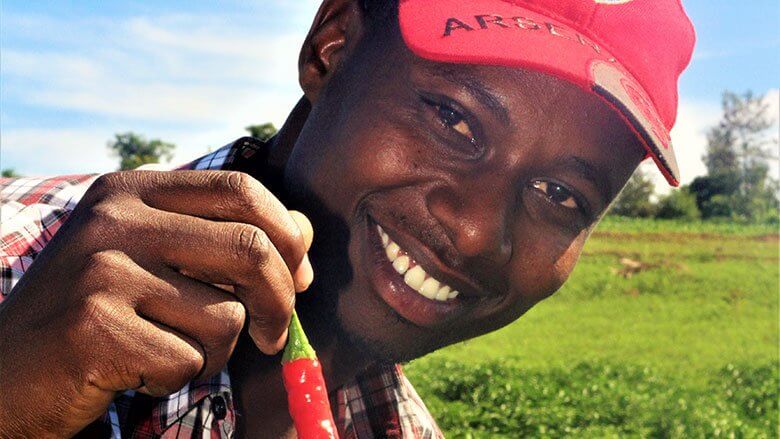Modesta Nekesa, 31, has been a farmer for most of her adult life. However, it was not until two years ago that she started making money from her land by cultivating and selling a crop that was unfamiliar in her community - chilli. Ms. Nekesa lives in Busia, a town on the Kenya-Uganda border where she moved to after getting married at 17. She was widowed at 23 with three children. Her late husband, Michael Oluoch had bequeathed her five acres of land, but inheritance tussles saw half of it taken away by her brothers-in-law. And so, destiny subjected her to a life of subsistence, cultivating maize, beans, and occasionally sweet potatoes. She barter-traded some for other household utilities and the largest portion was consumed by her young family. "We fed off the land, and for years, I never had a shilling to my name. Any little money I got from selling part of my (not-so-good) harvests was immediately spent on books, pencils, uniform repairs or other such immediate needs," she said. All this changed after Ms. Nekesa accepted an invitation from a friend to attend an agriculture seminar organised by the Joyful Women Organization (JOYWO), an implementing partner of TradeMark Africa’s (TMA) Women and Trade programme. This course opened her eyes to a world of farming entrepreneurship. [caption id="attachment_55052" align="alignnone" width="640"] "We fed off the land, and for years, I never had a shilling to my name. Any little honey I got from selling part of my (notso-good) harvests...
Collective trading transforms a widow’s fortune
Posted on: August 24, 2020
Posted on: August 24, 2020

